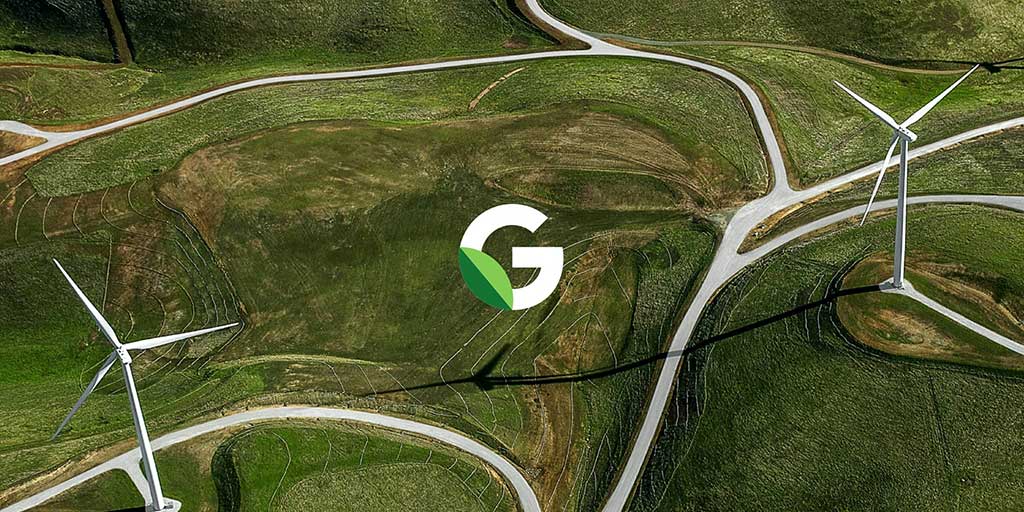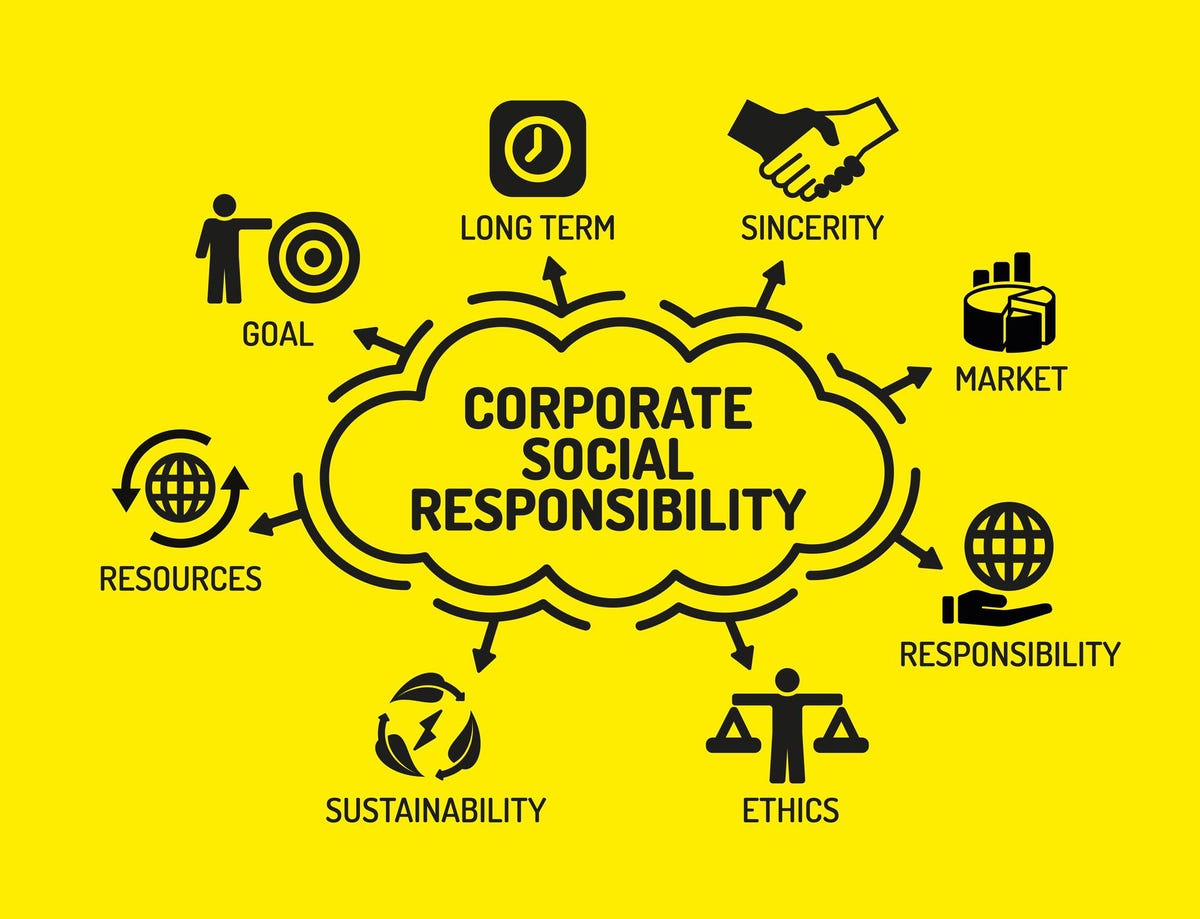Google stopped Crawling and Indexing to Avoid the Environment in 2023

Do you know Google stopped Crawling and Indexing to Avoid the Environment in 2023? In today’s digital environment, we heavily rely on search engines like Google to swiftly and efficiently find information. Yet as technology develops, we must consider how it will affect the environment. In the process of crawling and indexing websites, this is crucial. In this article, we’ll examine Google’s decision to scale back crawling and indexing in order to lessen its environmental effect.
In recent years, concerns about climate change and its effects on the environment have become increasingly prevalent. As a result, many companies have taken steps to reduce their carbon footprint and limit their impact on the environment. One of the latest companies to join this effort is Google, who announced that they would stop crawling and indexing websites as part of their effort to reduce their environmental impact in 2023.
Read More: Is Google Analytics capable of improving a website’s SEO
Introduction
The internet has become an essential part of our lives, and it is hard to imagine a world without it. However, the internet has also become a significant contributor to greenhouse gas emissions, with estimates suggesting that it accounts for approximately 3.7% of global greenhouse gas emissions. As one of the largest search engines in the world, Google has a significant impact on the internet’s carbon footprint. In response to this, Google has decided to take action to reduce their environmental impact by stopping crawling and indexing websites.
The Environmental Impact of Crawling and Indexing
Search engines use crawling and indexing, two essential processes, to gather and organize data from websites all across the internet. This comprises sending out bots to assess and classify the information on each page in order to create an index that can be used to quickly find pertinent results when a user conducts a search.
However this process uses a lot of resources, especially in terms of energy. Massive amounts of energy are consumed by Google’s data center’s, which fuel its search algorithms, leaving a sizable carbon impact. Moreover, repeated website scanning and indexing may put a burden on the internet’s infrastructure, using more energy.
Google’s Efforts to Reduce Environmental Impact

In response to these issues, Google has made steps to reduce the environmental effect of its crawling and indexing processes. One tactic has been to make use of energy-saving technologies, such as artificial intelligence and machine learning, to make its data center’s more effective. Google has also been investing in renewable energy sources like wind and solar electricity to minimize its reliance on fossil fuels.
These precautions might not, however, be enough to lessen the impact crawling and indexing have on the environment. Google has thus started to restrict how frequently it crawls and indexes. By prioritizing high-quality information and more reputable websites, Google may reduce the number of pages that need to be crawled and indexed while conserving energy.
The Importance of Sustainable Technology
The necessity for environmentally friendly solutions is highlighted by Google’s efforts to reduce the impact of crawling and indexing on the environment. As the world gets increasingly digital, we must assure that technological development does not come at the price of the environment. By utilizing less energy and putting money towards renewable energy sources, we can create a more sustainable future for everyone.
How Will This Impact Search Results?
Google’s decision to stop crawling and indexing will undoubtedly have an impact on search results. Without an index, Google will not be able to provide search results in the same way that they currently do. However, Google has stated that they will continue to provide search results through other means, such as their knowledge graph and other data sources.
What Impact Will This Have on SEO?

Google’s decision to stop crawling and indexing will undoubtedly have an impact on SEO. Without an index, traditional SEO techniques such as optimizing page titles and meta descriptions will become less critical. Instead, webmasters will need to focus on other areas, such as optimizing their Google My Business listing, improving their website’s user experience, and creating high-quality content that is easily discoverable through other means.
FAQs
What are crawling and indexing?
Crawling and indexing are techniques used by search engines to gather and organize data from websites all across the internet. This involves analyzing the information on each page and creating an index that can be used to rapidly find pertinent results when a user does a search.
Significant resources are required for crawling and indexing, particularly in terms of energy use. This may put a strain on the internet infrastructure and have a big carbon effect.
What steps is Google taking to reduce its environmental impact?
Google is making investments in renewable energy sources, improving the efficiency of its data centers, and reducing the frequency of crawling and indexing in an effort to lessen its impact on the environment.
What is sustainable technology?
Sustainable technological developments priorities protecting the environment. Examples of this include spending money on renewable energy sources, cutting back on energy use, and getting rid of garbage.
Why is sustainable technology important?

It is crucial to ensure that technological improvements do not harm the environment as the world becomes more digital. We can help everyone have a more sustainable future by using sustainable technologies.
The Future of Search Engine Optimization
SEO tactics rely on frequent crawling and indexing to increase website exposure; however, as Google’s frequency declines, SEO specialists will need to adopt new tactics to maintain website visibility. Some possible techniques include prioritizing reliable sources of information and reputable websites, creating decentralized search engines utilizing emerging technologies like blockchain, and minimizing the impact of crawling on the environment.
The Importance of Corporate Responsibility

The significance of corporate responsibility is shown by Google’s attempts to lessen its environmental effect. It involves more than just lessening the impact on the environment; it also involves treating employees fairly, encouraging diversity and inclusion, and using ethical business methods. Companies may develop close relationships with consumers and have a more beneficial influence on society by putting these principles first.
Read More: How to Restore Contacts from Google/Restore Contacts.
The Role of Individuals in Sustainability
By taking little steps like conserving energy, recycling, and using public transportation, as well as by supporting sustainable businesses and fighting for environmental regulations, individuals have a duty to lessen their influence on the environment. We may have a beneficial influence on the world around us by adopting sustainable behavior’s and encouraging businesses that place a high priority on environmental responsibility.
Conclusion
The importance of environmentally friendly technology and corporate responsibility is highlighted by Google’s attempts to reduce the frequency of its crawling and indexing in order to lower its environmental impact. We could see a greater focus on premium content and emerging technologies like blockchain as SEO techniques evolve. Anyone may make small changes to decrease their impact on the environment and advocate for change, so everyone has a role to play in sustainability. Together, we can create a more sustainable future for everyone.










